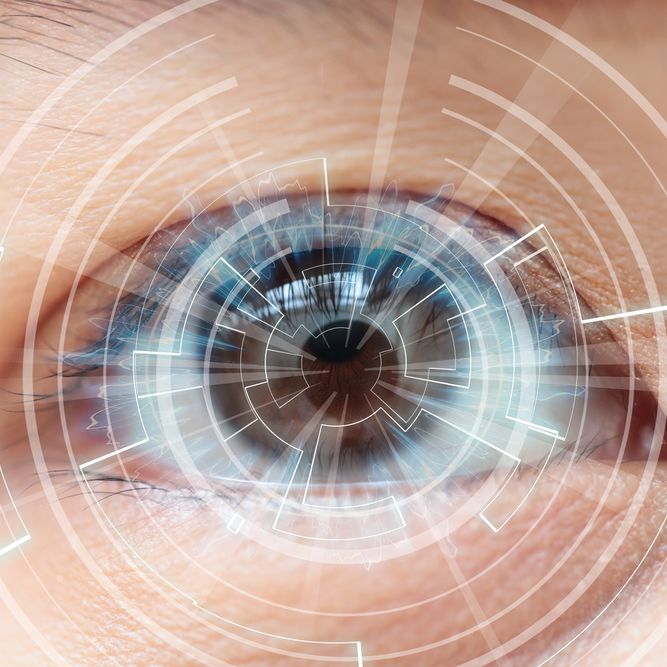Going about daily tasks with blurry, unfocused vision is simply not possible. Sadly, this leaves the millions of Americans who suffer from vision impairment in need of a viable vision solution. Initially, vision impairment can be treated with prescription lenses, either in the form of glasses or contact lenses. The most popular long-term treatment for refractive errors such as nearsightedness, farsightedness, and astigmatism is LASIK. LASIK addresses the cause of vision impairment by reshaping the cornea to eliminate the abnormalities that result in blurry vision.
LASIK is a safe laser vision treatment with a proven track record of success, but it may not be the best treatment option for all patients, including those with certain health issues. There has been some debate about whether LASIK is ideal for patients with diabetes. Washington, DC laser eye surgeon Andrew E. Holzman is happy to discuss LASIK with his diabetic patients to determine if laser vision treatment is appropriate for their unique situation.
How Diabetes Can Affect LASIK
Diabetes is a condition that makes it difficult for the body to regulate blood sugar levels. Diabetes affects the entire body, and has been linked to numerous other health conditions, including eye-related complications. Patients who suffer from diabetes face potential risks when it comes to LASIK treatment. If blood sugar levels are not under control, the following complications may interfere with a patient’s LASIK candidacy:
- Unstable or unpredictable vision prescription needs
- Weakened immune system
- The potential for a lengthy recovery period following LASIK
- Increased risk of post-LASIK complications
If a patient with uncontrolled diabetes wishes to undergo LASIK treatment, Dr. Holzman advises them to address their diabetes first. The number one priority should be getting blood sugar levels stable through the use of prescribed medication and controlled nutrition.
When Is LASIK Right for Diabetic Patients?
If a patient has controlled blood sugar levels, he or she can undergo LASIK treatment without an increased risk of post-surgical complications. However, it is important that blood sugar levels have been under control for some time. Displaying stable levels just on the day of treatment is not enough. Blood sugar levels need to be kept under control for at least two to three months prior to surgery to avoid any increased risks of complication. It is equally important that blood sugar levels remain steady following LASIK treatment. Not only will this ensure a speedy recovery, but it will also help patients avoid further eye problems and the need for additional laser treatment in the future.
Contact Us
Whether LASIK is appropriate for patients with diabetes is really dependent on the specifics of each situation. The best way to determine LASIK candidacy is by scheduling an exam and consultation with experienced laser eye surgeon Andrew E. Holzman. If you’d like to learn more about LASIK treatment and whether it may be right for you, contact us at your earliest convenience.




